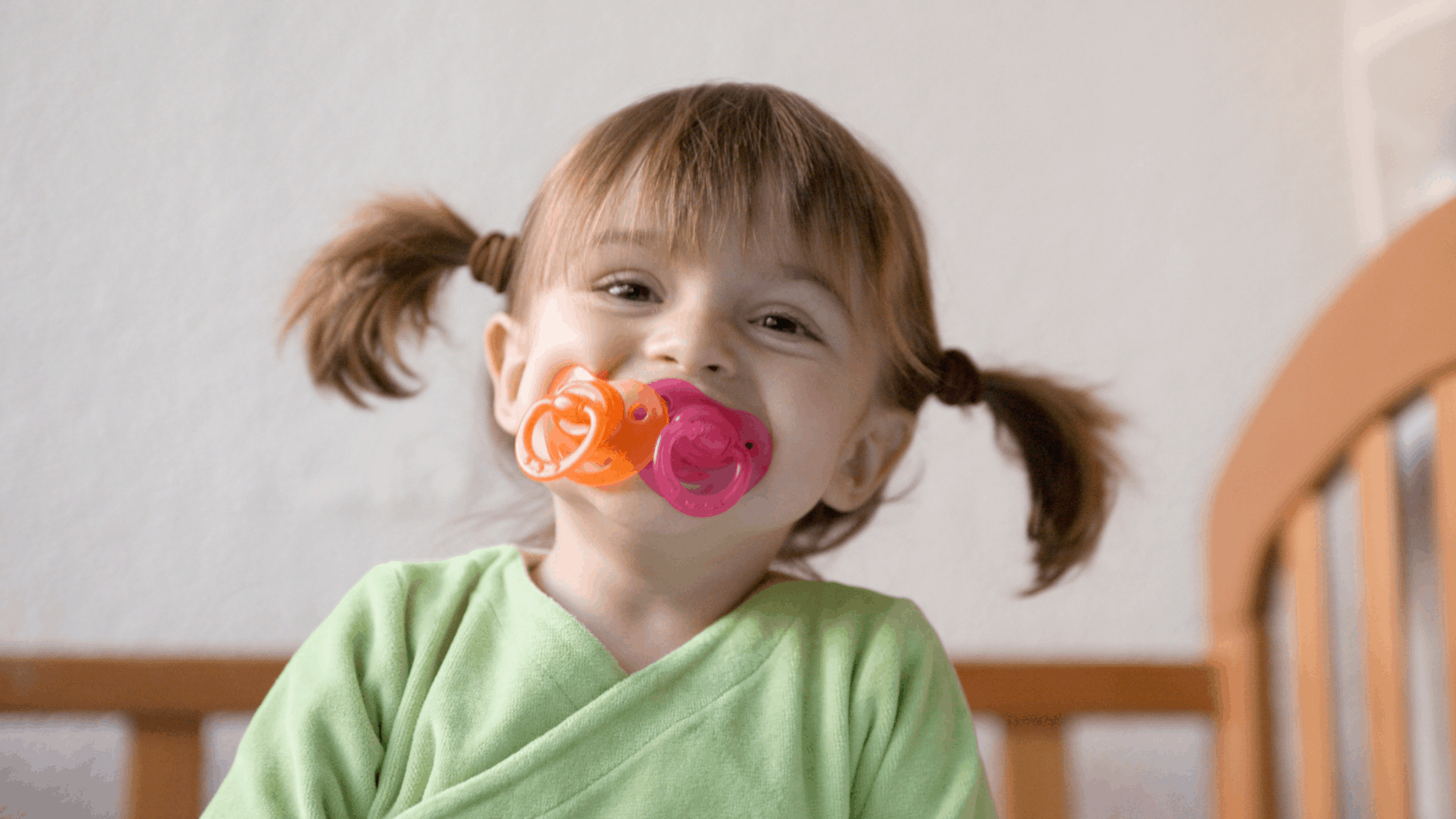 Source: bing.com
Source: bing.comTable of Contents
Introduction
Autism is a developmental disorder that affects communication, social interaction, and behavior. It is typically diagnosed in early childhood, but signs of autism may be present in babies as young as six months old. As a parent, you may wonder if your baby is developing normally or if there are signs of autism. In this article, we will explore the question, “Do autistic babies develop normally?”
What are the Early Signs of Autism?
Autism is a spectrum disorder, which means that there is a wide range of symptoms and severity. Some babies with autism may develop normally for the first few months of life, while others may show signs of autism from birth. Here are some early signs of autism that parents may notice:
- Delayed speech or language development
- Lack of eye contact or social interaction
- Difficulty with nonverbal communication, such as gestures or facial expressions
- Repetitive behaviors, such as rocking or spinning objects
- Fixation on specific objects or interests
- Difficulty with transitions or changes in routine
It is important to note that these signs may not necessarily indicate autism and may be due to other factors. If you are concerned about your baby’s development, it’s important to speak with your pediatrician.
Autism Screening
The American Academy of Pediatrics recommends that all children be screened for autism at their 18 and 24-month checkups. The screening involves a questionnaire that asks about your child’s behavior and development. If the screening indicates a possible risk of autism, your pediatrician may refer you to a specialist for further evaluation.It’s important to note that early intervention is key for children with autism. The earlier a child is diagnosed, the sooner they can begin receiving therapy and support.
Can Autism be Diagnosed in Infancy?
While autism is typically diagnosed around the age of two, research has shown that it may be possible to diagnose autism in infancy. A study published in the journal Nature found that brain scans of six-month-old babies could predict with 80% accuracy which babies would develop autism by the age of two. However, more research is needed before this method of diagnosis becomes standard practice.
Conclusion
In conclusion, the question of whether autistic babies develop normally is complex. Some babies with autism may develop normally for the first few months of life, while others may show signs of autism from birth. Early intervention is key for children with autism, and screening is recommended at 18 and 24 months. If you have concerns about your baby’s development, it’s important to speak with your pediatrician.
Frequently Asked Questions
1. What causes autism?The exact cause of autism is unknown, but it is believed to be a combination of genetic and environmental factors.2. Can autism be cured?There is no cure for autism, but early intervention and therapy can help children with autism learn important skills and improve their quality of life.3. Can autism be prevented?There is no known way to prevent autism, but research suggests that certain factors, such as maternal infections during pregnancy, may increase the risk of autism.4. Can autistic children attend school?Yes, autistic children can attend school. Many schools have specialized programs and support for children with autism.5. Can people with autism live independently?Some people with autism are able to live independently, while others may need support throughout their lives. It depends on the severity of the autism and the individual’s abilities.
 Source: bing.com
Source: bing.com